Insights On African Traditions: Exploring The Rich Heritage Of Chewa People In Malawi
The culturally rich country of Malawi is located in the southeastern region of Africa. Blessed with various ethnic groups contributing to the nation’s vibrant legacy, Malawi offers a chance to dive deeper into the African heritage.
For this exposè, we delve into the dynamic Chewa culture, known as the largest ethnic group in Malawi, which has “Chichewa” as its traditional language. Let’s find out what makes it unique.
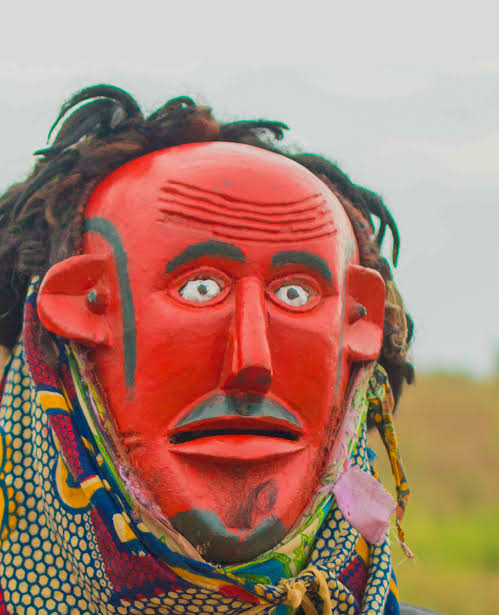
Origin of the Chewa Culture
The first Chewa kingdom was established sometime before or after 1480. Over time, records of the Chewa tribe have shown its origins in Malambo, a region in the Luba area of the Democratic Republic of the Congo. There are records of their initial migration into the northern, southern, and eastern parts of Zambia before finally settling in the highlands of Malawi.
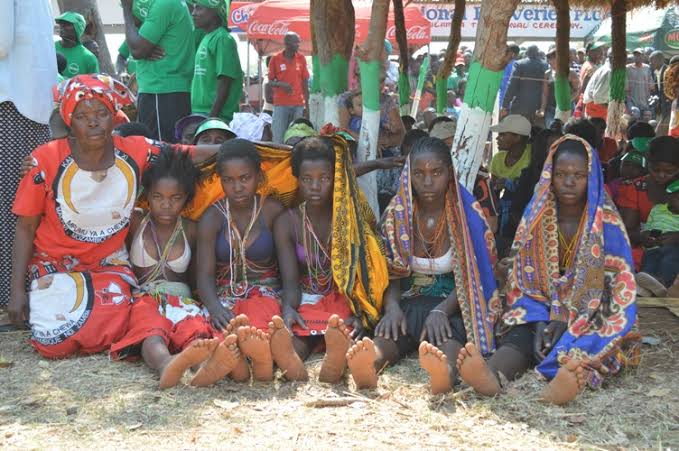
Traditional Leadership
The supreme chief of the Chewa people is known as “Kalonga Gawa Undi”. The word “Gawa” means “the one who gives out the land”, and “Undi” means “the one who protects his subjects”.

Gule Wamkulu: The Great Dance of The Chewa
One of the highlights of the Chewa cultural expression is the Gule Wamkulu, a secret society known for its elaborate dances, especially during special occasions. It is performed by members of the “Nyau brotherhood”, which is responsible for the initiation of young men into adulthood. This eye-catching dance exhibition is majorly performed in the season following the July harvest but can also be experienced at weddings, funerals, or installation of the tribe chief.

Spirituality and Beliefs
Before the coming of the Portuguese missionaries and their colonisation by the Britains, the Chewa people practised the traditional religion in which they believed in a supreme being. This supreme being, which they believed, was called by various names such as Chiuta, Mpambe, Leza, Mulungu, etc.
In recent times, though, it’s been shown that the main religion in Chewa is Christianity, which was introduced in the 19th century.

Chewa Cuisine
Like any other culture, the people of Chewa have had their unique dish associated with their culture for almost as long as it has existed. “Nsima and Ndiwo” is a special delicacy by the Chewa people, who do not feel they have eaten unless they have had some of that for the day.
Nsima is a starchy porridge made of corn flour and cold water, while Ndiwo, a relish served with Nsima, can be made with fish, pork beans, greens, or other available ingredients.
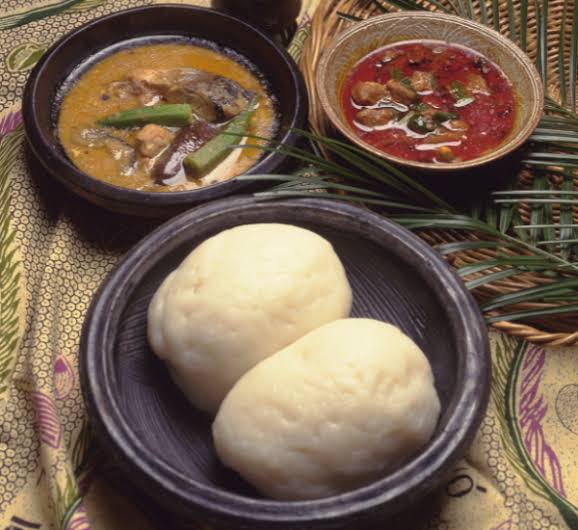
Journeying through the cultural ancestry of the Chewa people, it is very evident that the traditions of this culture are not just remnants of the past but a living, breathing legacy that continues to shape the present and future. The creativity, unity, and uniqueness rooted in the Chewa culture are proof of the enduring spirit of the people right from the time of inception to their present-day lives. They are never shy about celebrating their cultural heritage with pride and dedication.
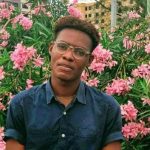
Johnson Chukwueke
Johnson Chukwueke is a content and creative writer with over 3 years of experience as a professional. A microbiology graduate from the Imo State University, Johnson is a music enthusiast who also enjoys movies, reading, and swimming. He is a writer at THEWILL DOWNTOWN.



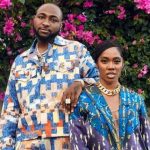
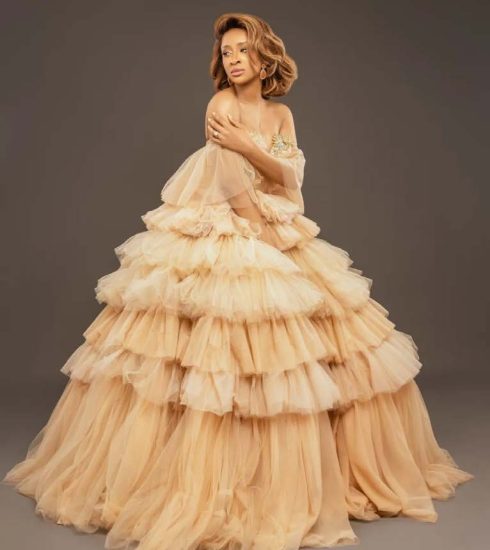
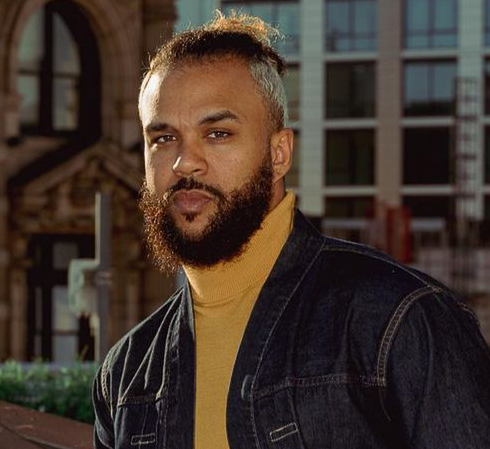
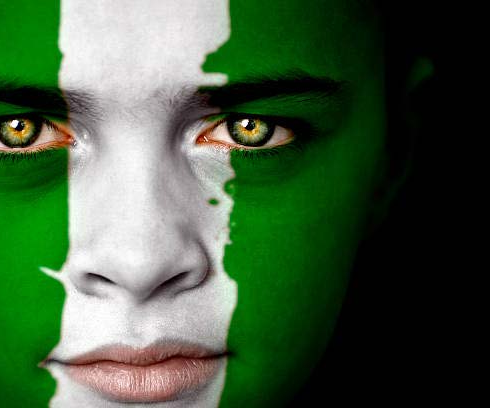
Mayani
1 year agoIlike you picture it is so cool